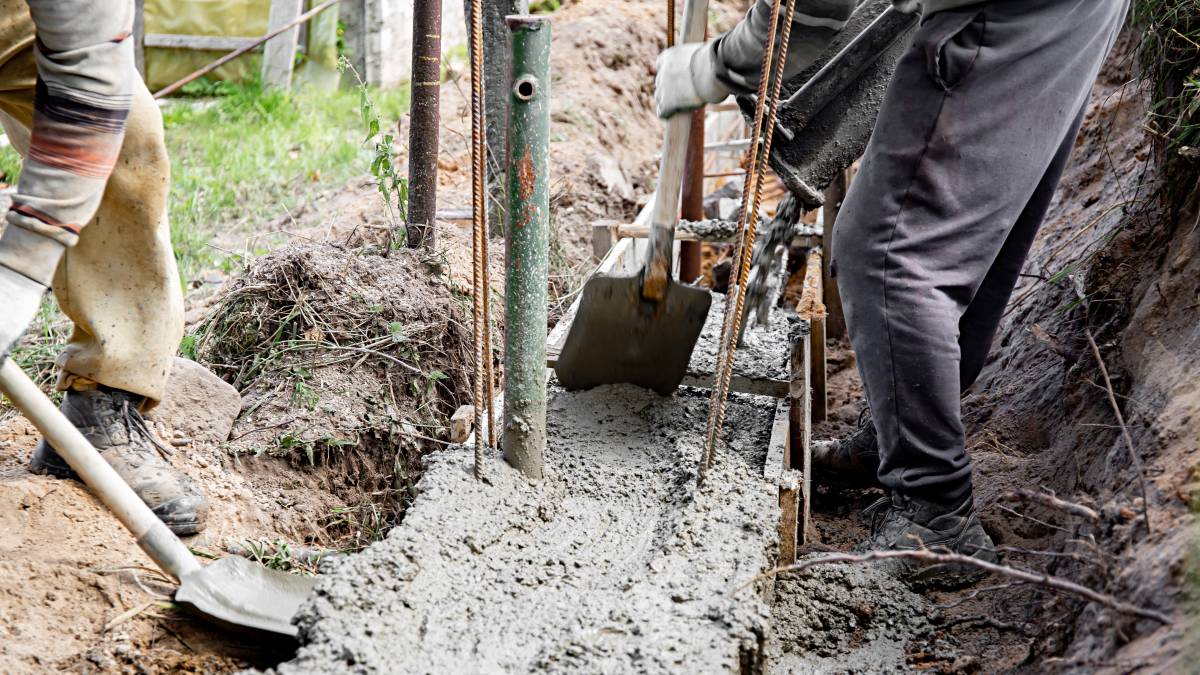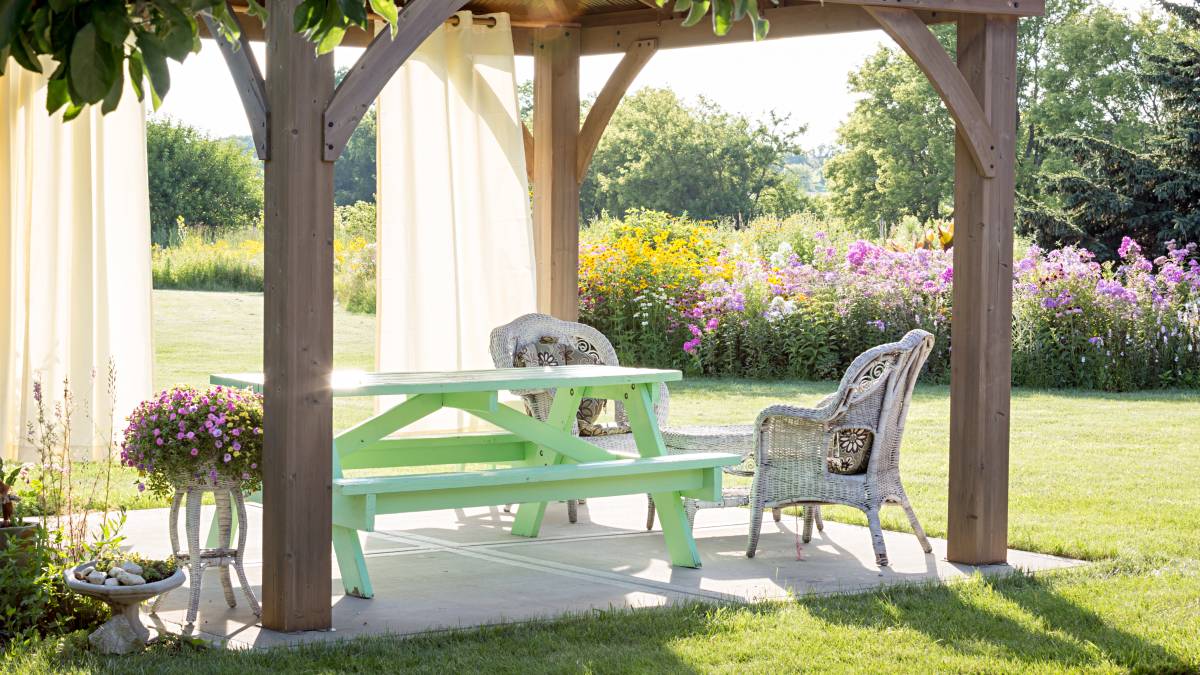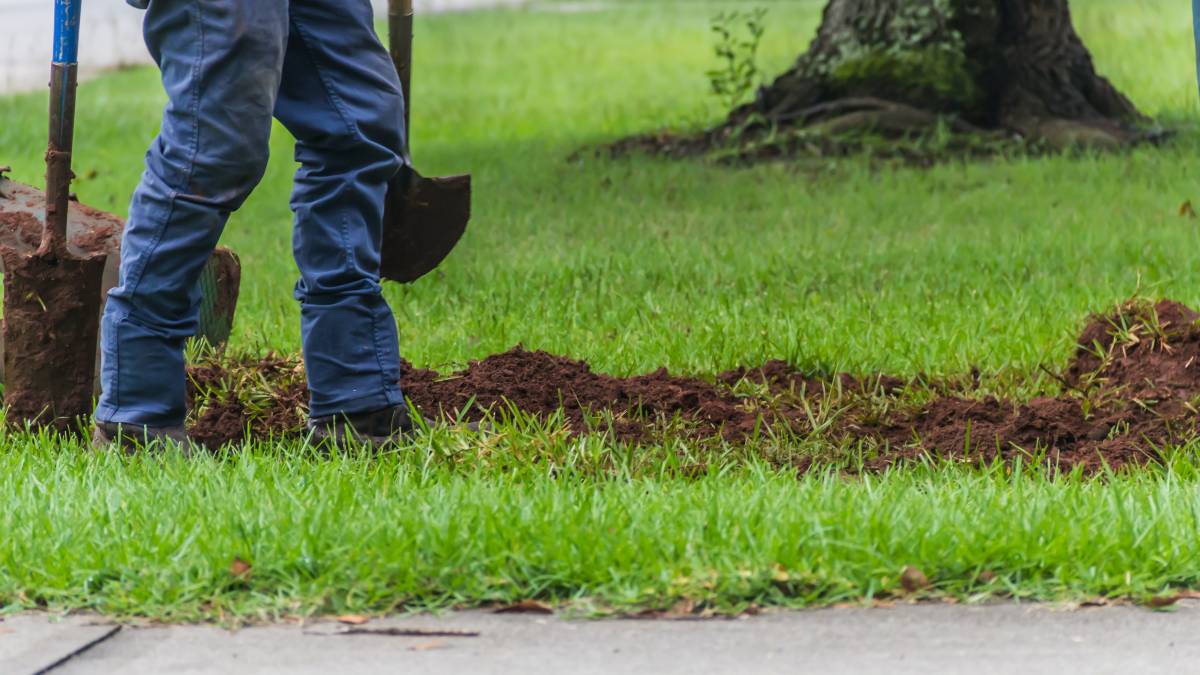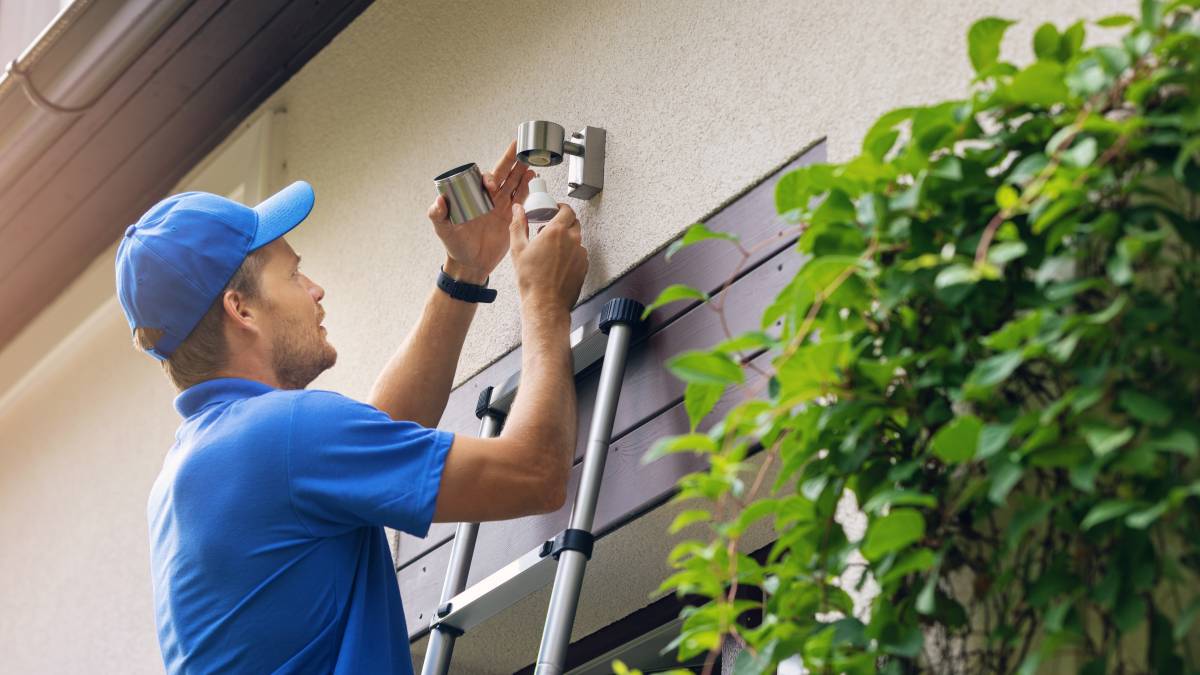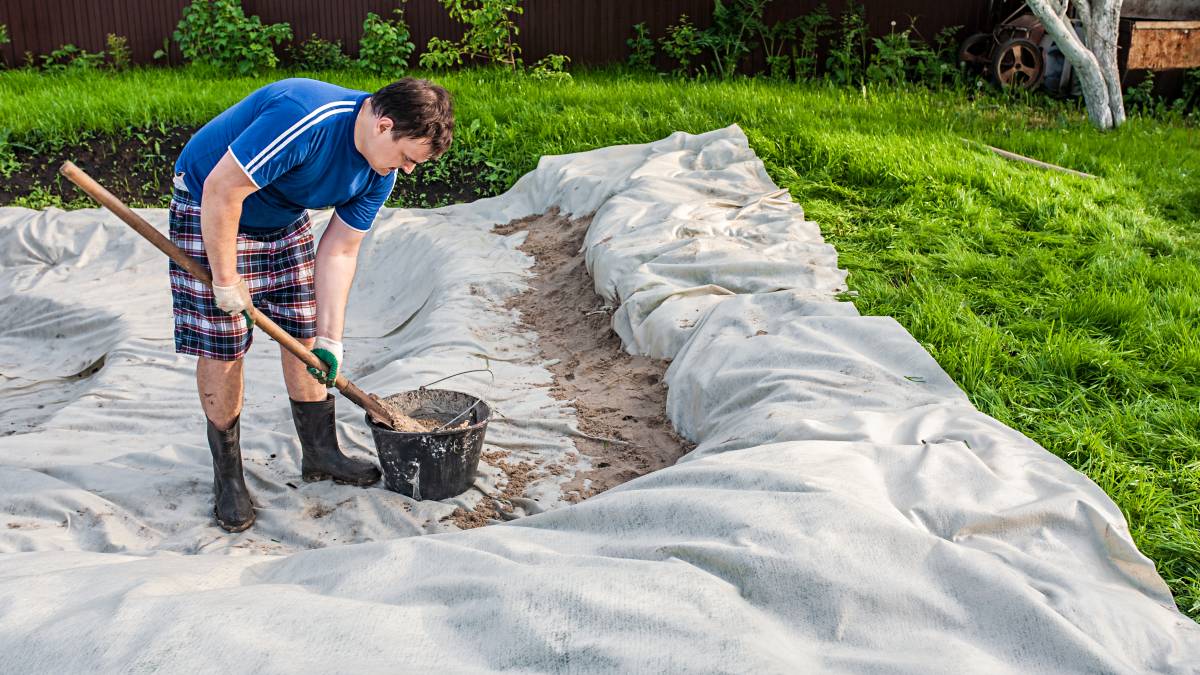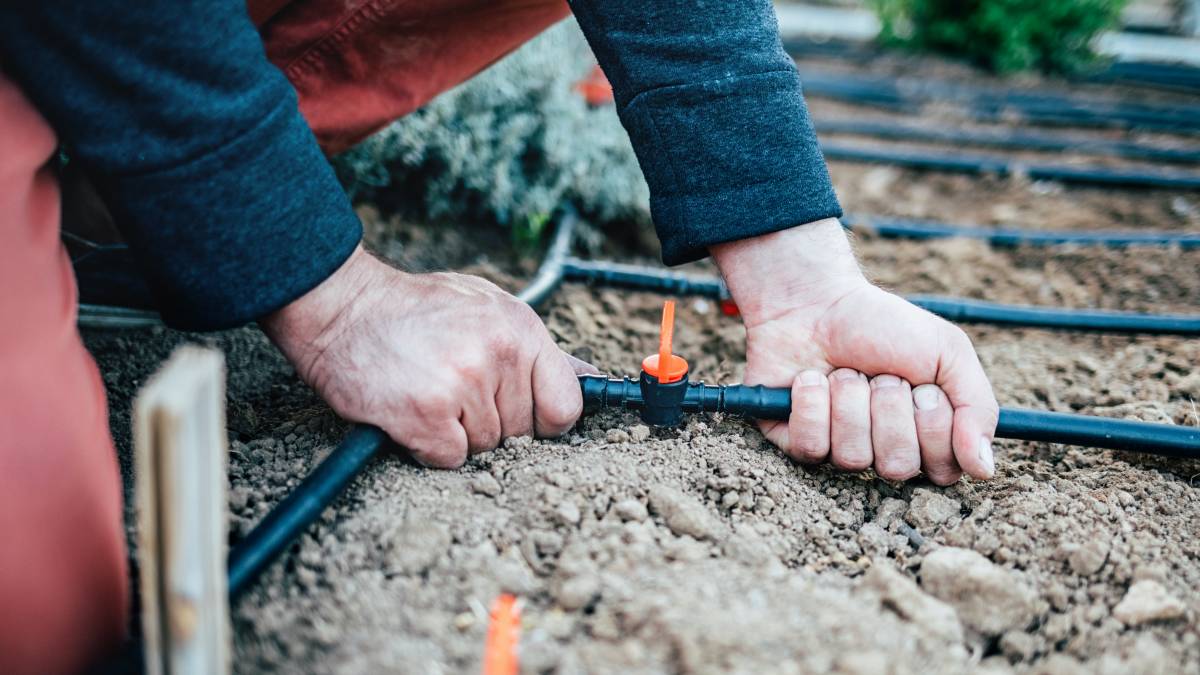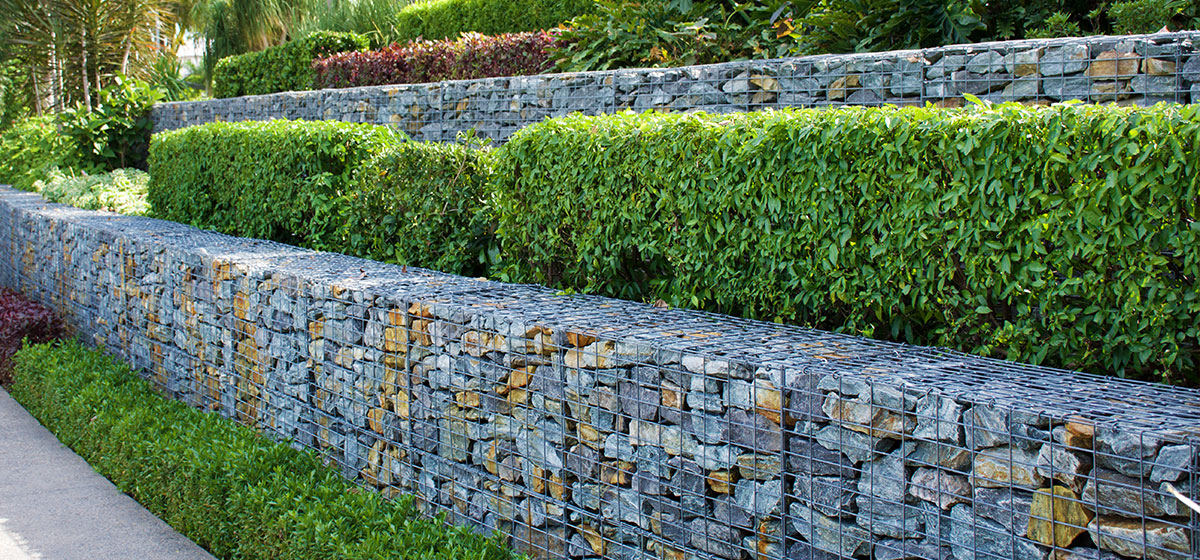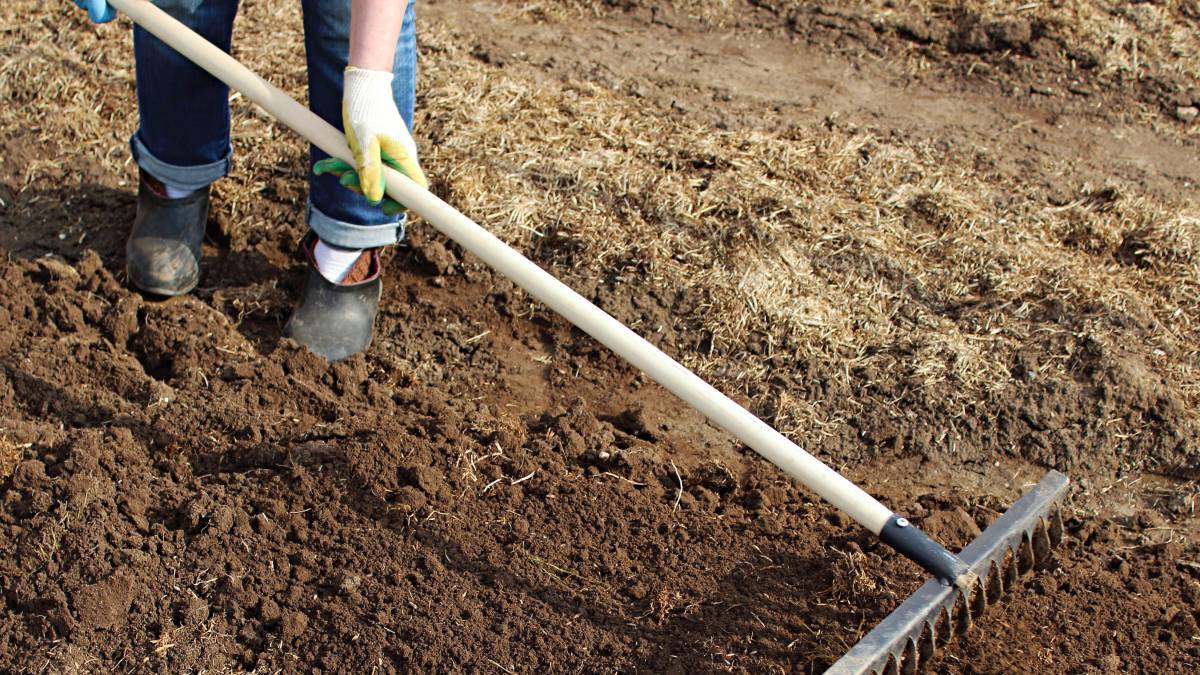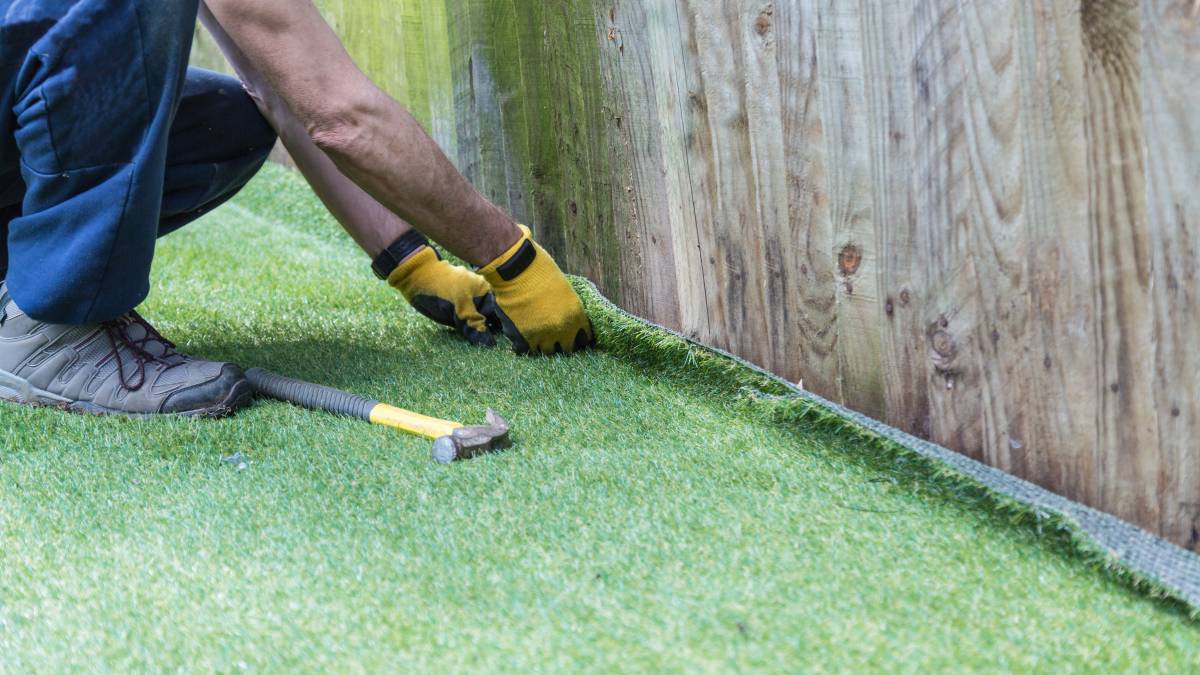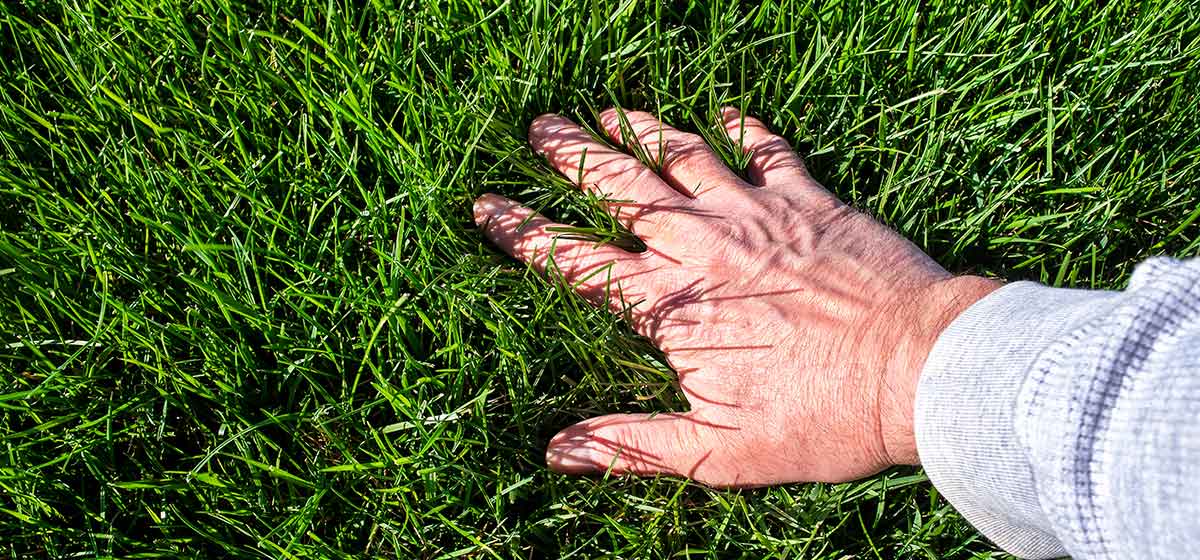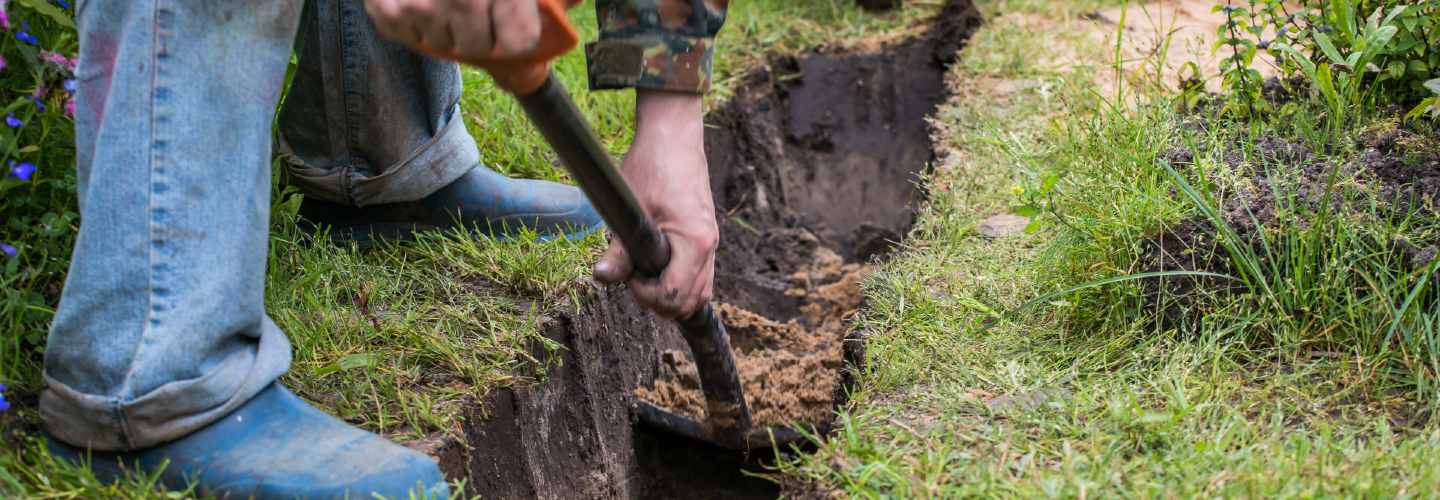

Find a professional trench digging contractor in Inner West Sydney
Fill in a short form and get free quotes for experienced trench digging services
Excellent rating - 4.3/5 (10900+ reviews)
Looking for trenching services?
- Trench digging for electrical cables
- Trench digging for water pipes
- Trench digging for drainages
- Trench digging for gas lines
- Trench digging for sprinkler systems
- … or anything else
Best rated trench digging contractors near me

Latest Review
"Luke was professional, courteous and carried out the job perfectly. Highly recommend "
Verified Badges

Mobile Verified

Latest Review
"He is super efficient and helpful. Thank you so much. "
Verified Badges

COVID-19 Vaccination

Payment Method Verified

Mobile Verified

Latest Review
"Nice job, very punctual and quick. would totally recommend Dan."
Verified Badges

ID Verified

Payment Method Verified

Mobile Verified


Latest Review
"Faultless. Fast communication, came the next day at 7am on the dot, friendly guys who did a great job. Kept going despit..."
Verified Badges

Mobile Verified

Latest Review
"The boys worked very hard and finished the job. Thank you. "
Verified Badges

COVID-19 Vaccination

Mobile Verified

Latest Review
"Completed the job quickly and on a hot day! Thanks "
Verified Badges

ID Verified

Payment Method Verified

Mobile Verified
What is Airtasker?

Post your task
Tell us what you need, it's FREE to post.

Review offers
Get offers from trusted Taskers and view profiles.

Get it done
Choose the right person for your task and get it done.
- Get it done now. Pay later.
- Repay in 4 fortnightly instalments
- No interest
- Available on payments up to $1,500
What do trench digging services include?
Trenching services involve digging a large hole, usually using a trenching shovel and a trencher to help successfully lay underground wires, pipes, or structural supports. It’s also traditionally done to install or repair public drains, sewer lines, and underground utilities to serve populated areas. Trenching also has plenty of benefits if you’re taking care of your lawn! Whatever you need, Taskers can make your home improvement project possible. Here are the most common things you can expect from trenching services near you:
Straight trenches
If you live in an area with a limited surface to disturb, such as near buildings or roadways, digging straight trenches is the right choice for you. It’s a kind of trench where the sides are parallel, and the base is at a right angle. Having trench boxes or shoring is usually required as protective systems. A six-inch straight trench can also be helpful if you’re trying to control pests in your property, where you can apply a non-repellent pesticide into the soil to achieve a treatment zone.
Sloped trenches
Sloped trenches have angled sides to prevent cave-ins. Its angle is determined by trench depth, soil type, and the amount of time the trench will remain open. If you’re planning to install large pipes or culverts, this can be the right kind of trench for you. It’s also common to have sloped trenches in new construction sites with a wider path of soil.
Benched trenches
To ensure that your trench or excavation site is entirely safe, you can try benching! Benched trenches are those with sides that have been cut away to create steps. The height of these steps, otherwise known as vertical distances, is determined by the soil type. The less stable your soil is, the shallower your angles should be. It’s best to bench it if your trench needs to be up to 20 feet deep. This is to help stabilize your trench and to make it more secure. For protective systems, shielding or trench boxes are usually used.
Bell-bottom pier hole trenches
For those planning to build a certain structure, make sure to have someone dig a bell-bottom pier hole trench! The base or bottom of the trench is usually wider than the top, giving it a bell-shaped cross-section. This is typically used to install footings to support the foundation of a structure. Since these kinds of trenches have sides sloping inward over the floor of the excavation, more protective systems are usually required to keep them from collapsing.
Recent Trench Digging tasks in Inner West Sydney
Removing gravel from pathway and digging a trench for agri pipe
$30
Drummoyne, New South Wales
1st Apr 2025
Removing gravel from pathway and digging a trench to lay agri pipe for drainage. Very physical work. Prefer someone with outdoor work experience. Minimum 4 hours. $50 per hour. If proven capable, could well be 8 hours.
Install wire for climbing plants and dig trench line
$1,000
Burwood, New South Wales
18th Nov 2024
I need someone to install wires across 20 Metres of my colorbond fence using Tek screws (look at example picture and see green line for the fence) Also need a trench to be dug with timber garden edging installed ready for me to plant jasmine climbers myself at a later date. (See the yellow line) Also need removal of the exisiting edging and replanting of the frangipani tree.
Trenching, cleaning stormwater pits
$300
Lilyfield NSW 2040, Australia
14th Mar 2022
Trenching, draining and cleaning stromwater pits - Due date: Needs to be done on Wednesday, 16 March 2022
